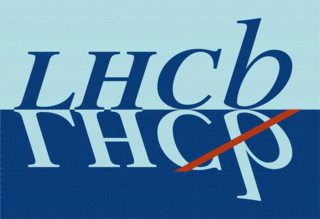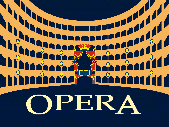About ATLAS
ATLAS is one of the four major experiments at the Large Hadron Collider (LHC) at CERN. It is a general-purpose particle physics experiment run by an international collaboration and, same as CMS, is designed to exploit the full discovery potential and the vast range of physics opportunities that the LHC provides.
ATLAS' scientific exploration uses precision measurements to push the frontiers of knowledge by seeking answers to fundamental questions such as: What are the basic building blocks of matter? What are the fundamental forces of Nature? Could there be a greater underlying symmetry to our Universe?
ATLAS physicists test the predictions of the Standard Model, which encapsulates our current understanding of what the building blocks of matter are and how they interact. These studies can lead to ground-breaking discoveries, such as that of the Higgs boson, physics beyond the Standard Model and the development of new theories to better describe our Universe.
For more about the ATLAS Collaboration, the experiment, the physics and its members, please visit our Official Site.
About ATLAS Open Data
The ATLAS Collaboration's current approach on the release of datasets is intended for Education, Training and Outreach activities around the World. In order to fulfil that objective, the ATLAS Open Data project was created.
ATLAS Open Data project aims to provide data and tools to high-school, masters and undergraduate students, to help educate them in physics-analysis techniques used in experimental particle physics. Sharing data collected by the ATLAS experiment for educational purposes aims to generate excitement and enthusiasm for fundamental research, inspiring physicists of the future.
The International Masterclasses introduce particle physics to high-school students and have been running very successfully for the last 20 years. ATLAS data were first used in 2011, and 8 TeV ATLAS Open Data in 2015. Inspired by the success of International Masterclasses, a new ATLAS Open Data initiative was launched in 2016. And once again, a release in 2020, with a 10x more data recorded at 13 TeV centre-of-mass energy.
The target audience is physics undergraduate and masters students but may also include advanced high-school students or indeed anyone with some basic understanding of particle physics and coding experience.
A comprehensive educational platform was developed featuring the 8 TeV and the more recent 13TeV dataset and a set of educational tools at a more advanced level. The objectives of this educative initiative are to provide:
- 8 TeV proton–proton data collected by ATLAS plus associated simulated data.
- 13 TeV proton–proton data collected by ATLAS plus associated simulated data.
- Tools and software of varying technical difficulty to analyse the data.
- An educational platform providing easy access to the data, software and tools with documentation in the form of step-by-step instructions for users.
You can find usage instructions, examples, applications and suggestions in the dedicated ATLAS Open Data website http://opendata.atlas.cern
With the collaboration of the CERN Open Data team, we aim to publish, preserve and document real and simulated datasets, software and virtual machines, web and desktop applications, and up-to-date exercises and documentation, all for educational purposes.
The ideal scenario is to have all the ATLAS Open Data resources replicated in both sites. We will do our best to reach this objective.
Disclaimer
- The ATLAS Open Data are released under the Creative Commons CC0 waiver. Neither ATLAS nor CERN endorses any works produced using these data, even if available on or linked from, this portal.
- All data sets will have a unique DOI that you are requested to cite in any applications or documentation produced.
- Despite being processed, the high-level primary datasets remain complex, and selection criteria need to be applied in order to analyse them, requiring some understanding of particle physics and detector functioning. The large majority of the data cannot be viewed in simple data tables for spreadsheet-based analyses.
- No further development is foreseen for either the data released or the software version needed to analyse them.
- The analysis methods and software have evolved since the released data were recorded.
- More advanced techniques are used with recent data, but the software is not compatible out-of-the-box with older data samples.







